African countries that include climate change action as a central objective in the planning and implementation of their post-Covid-19 economic recovery plans are more likely to attract finance, address social challenges and achieve robust and sustainable growth, a new report has shown.
The “Post-Covid-19 Recovery in Africa : Recommendations for Policy Actors” report, examines the social, economic and fiscal impact of Covid-19 on the continent and makes recommendations to policy actors on how best to integrate policy initiatives that will kick-start growth.
The report, co-authored by Nairobi-based Power Shift Africa, Society for Planet and Prosperity in Abuja, and Rabat’s Positive Agenda Advisory, draws on three case studies conducted in East Africa, West Africa, and North Africa, which were published in July.
It examines the impact of the Covid-19 pandemic in each region and proposes actions that African policy actors can take on their own or through coordination with international development partners.
Speaking during the report launch yesterday, Adow said: “We need to find ways to cushion ourselves from economic climate vulnerability. This can be done by prioritising renewable energy. Initiatives like Buy Kenya Build Kenya, we can empower our local production to produce more and respond to the arising opportunities. We also need to predict and adapt to future risk and uncertainities by thinking in the long term and turn these threats to opportunities.”
“The concepts of green recovery and building back better have gained some level of popularity recently but until now there has been limited national and international discussion about what these concepts mean for Africa,” says Professor Chukwumerije Okereke, director general of the Society for Planet and Prosperity. “The concrete recommendations in this report are hugely important to steer the continent on the path of green resilient recovery.”
The Covid-19 pandemic has unleashed unprecedented pressure and threats to domestic revenue capabilities for national budget financing that is already fragile and if not addressed swiftly could result in untenable debt burdens.
This calls for global solidarity, partnerships and support including through debt relief to enhance African countries’ fiscal capacity towards resilient and climate aligned recovery.
“Immediate climate action and finance are key parameters for a green, resilient and inclusive recovery in Africa in the run up to COP26”, says Fathallah Sijilmassi, co-author of the report and founding president of Positive Agenda Advisory. “Action is needed now and there is a golden opportunity to make it a turning point for Africa’s accelerated growth and development.”
The report also warns that a narrow focus on economic recovery that ignores climate change and the broader objectives of sustainable development would cost Africa more economic pain in the long run.
“There is a perception in some quarters that such green recovery interventions come at a cost, but this is not the case - especially now after the pandemic when financial and social constraints are so much tighter,” says Prof Rym Ayadi, President of the Euro-Mediterranean Economists Association.
“Every dollar invested generates up to $6 in return. Investments in rebuilding are essential components of any recovery and we now can harness added environmental and climate value, too.”
“The pandemic is a reset moment and provides a chance to shift away from stranded fossil fuel assets and invest in the clean energy of the future,” says Mohammed Adow, co-author of the report and founding director of Power Shift Africa.
“Africa is blessed with wind and sun, making that the bedrock of our recovery. It is the fastest and most sustainable way to ensure Africa prospers,” he says.







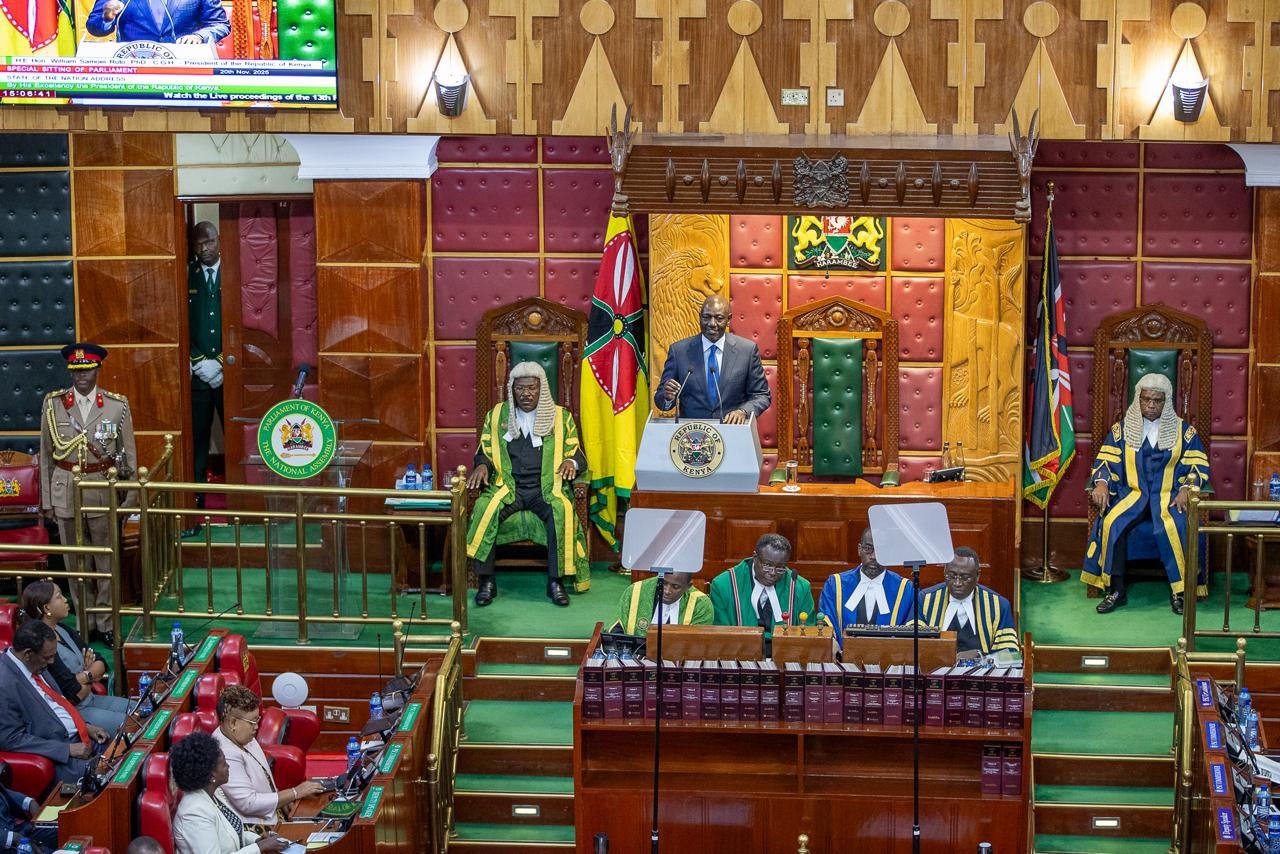

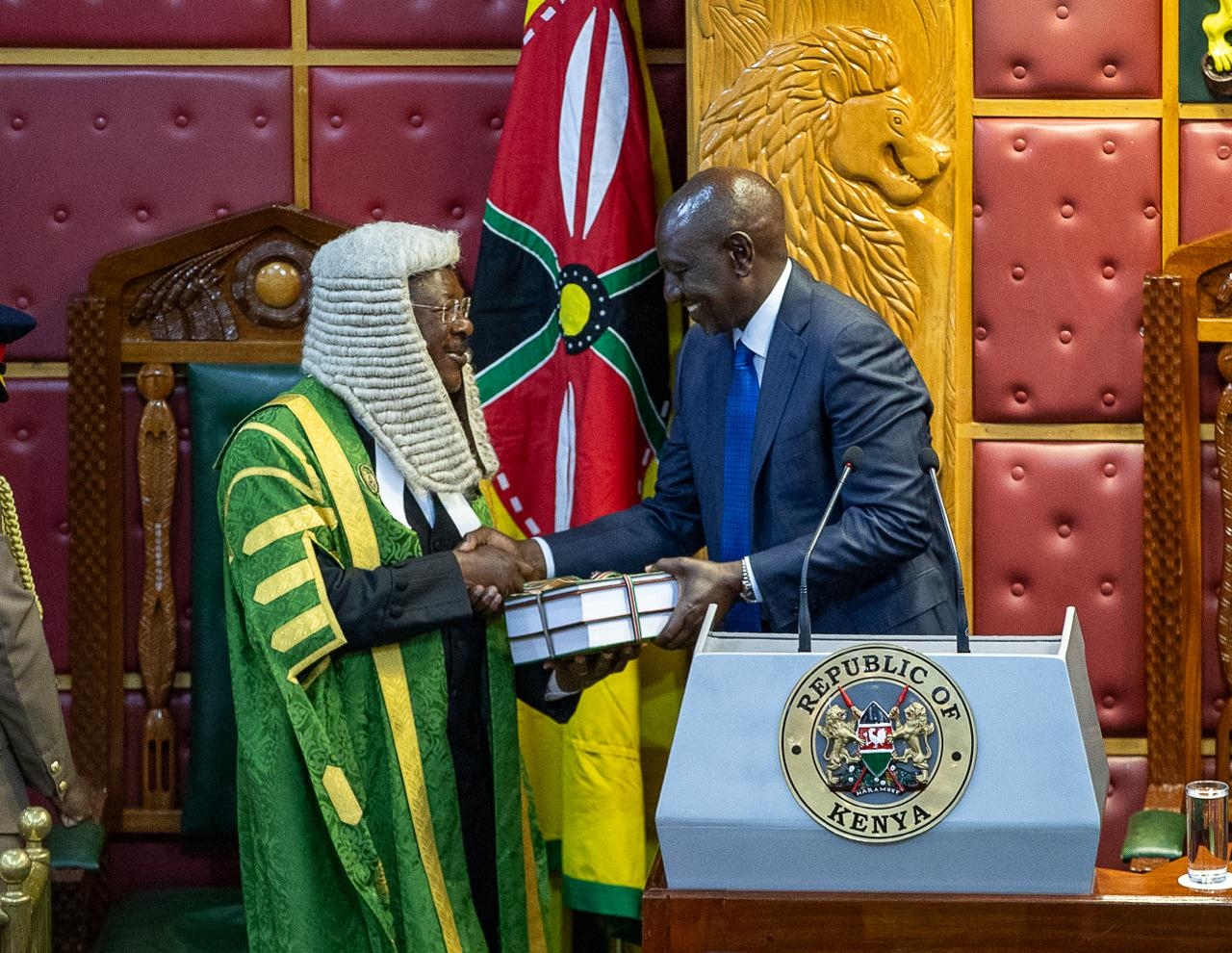
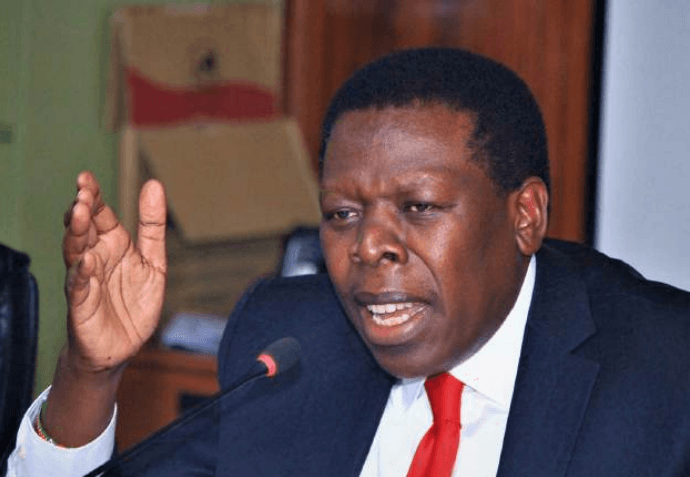
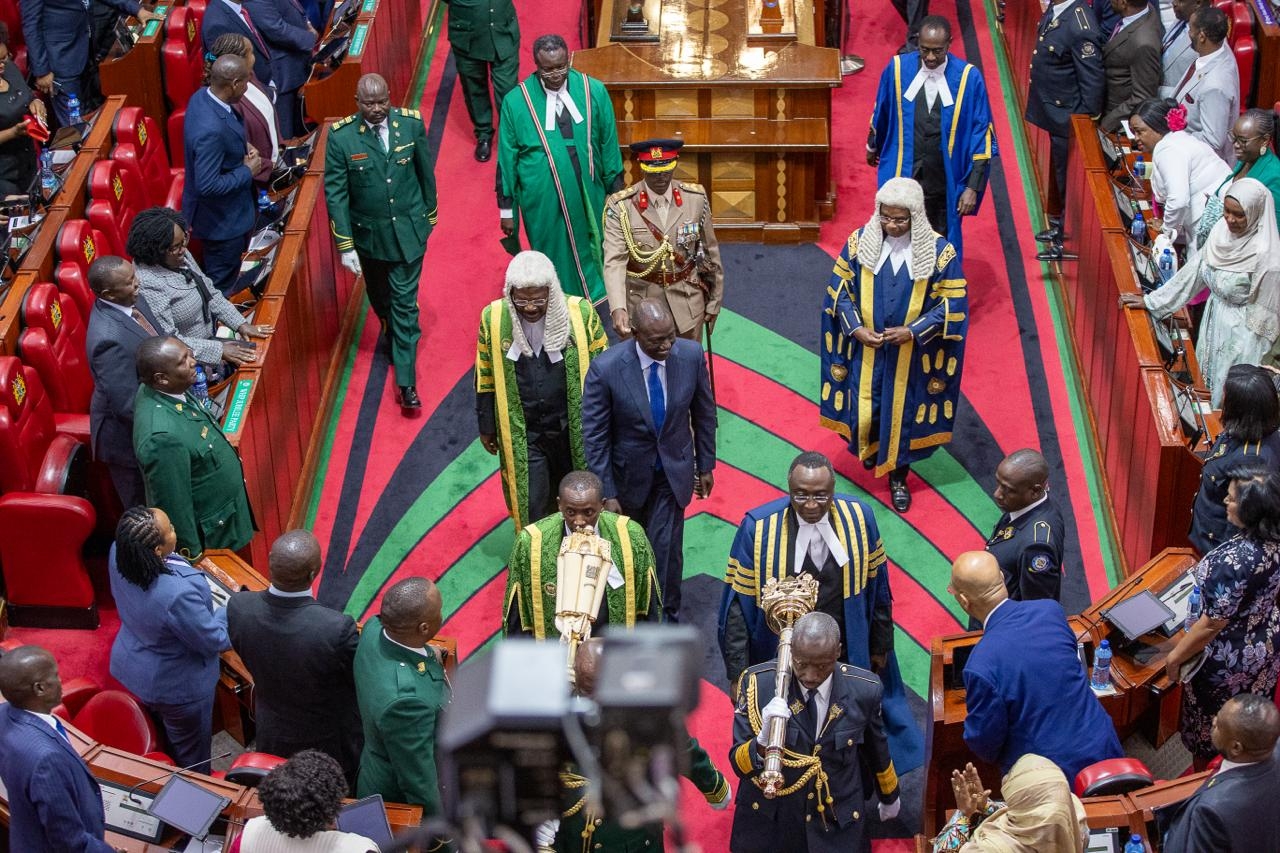
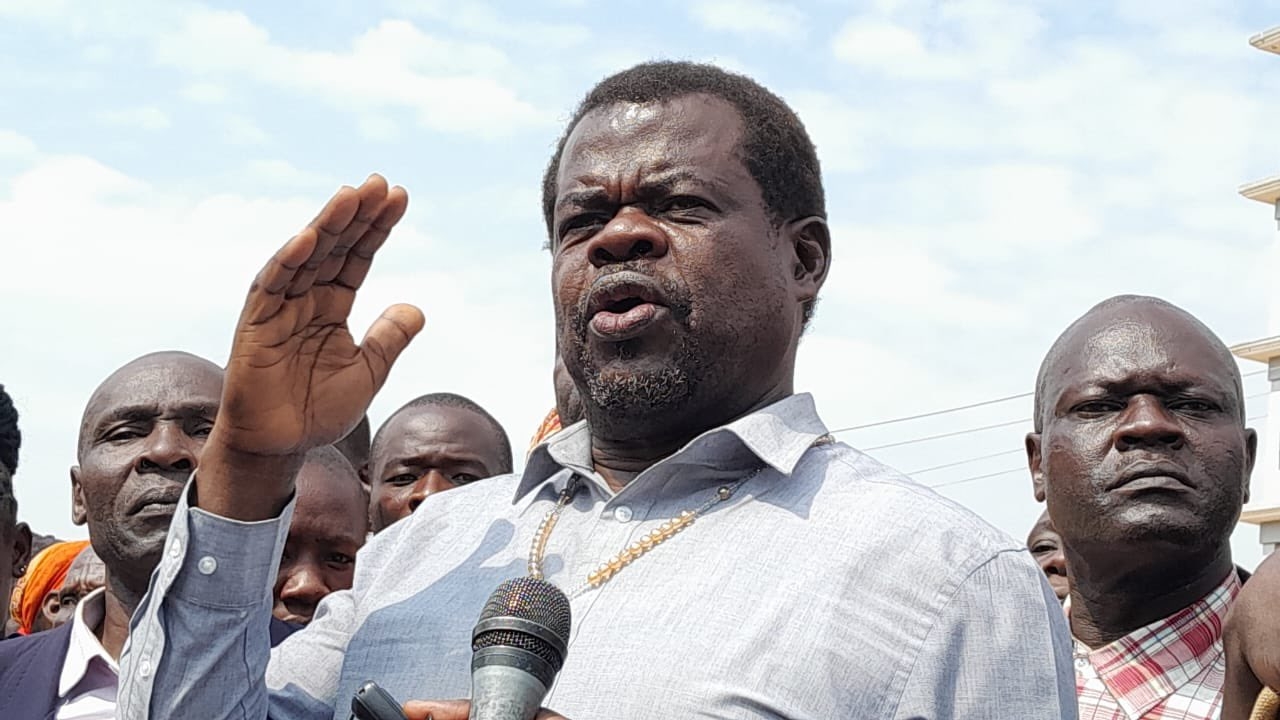



![[PHOTOS] Betty Bayo laid to rest in Kiambu](/_next/image?url=https%3A%2F%2Fcdn.radioafrica.digital%2Fimage%2F2025%2F11%2F3b166e2e-d964-4503-8096-6b954dee1bd0.jpg&w=3840&q=100)
